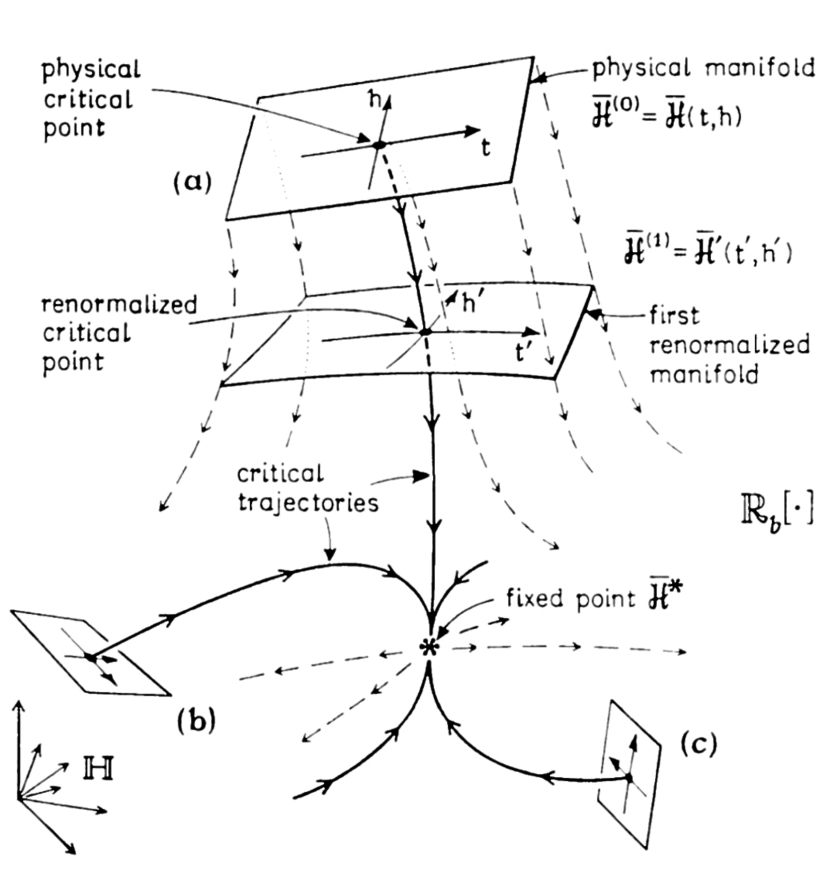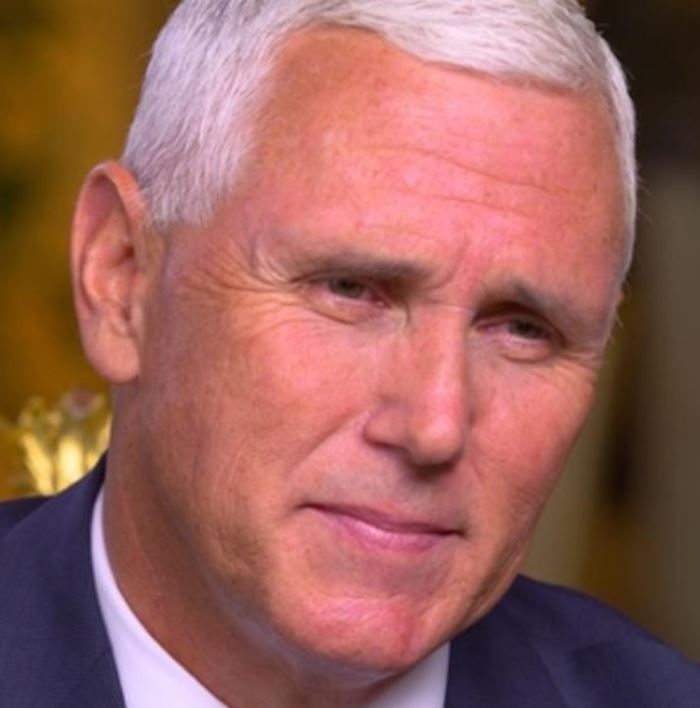Everyone wants to live as long as possible, right? Well, maybe not everyone.
Someone confided in me that their nightmare was they wouldn’t die; they would never get respite from an existence that terrified them, that depressed them, that hurt them, that disappointed and discouraged them; that humiliated them; that abused them; that made them wish they were never born.
Another friend confessed that she wished she had never been born because she was afraid to die. The certainty of death made living not worth the trouble. Anxiety about the end of life robbed her of joy. She found that she was unable to kick back and relax, because dark angels circled just outside her field of vision; one day, she was certain, the angels were going to pounce. The end would be brutal.
I remember hearing a story about a young mother who lay dying while her family knelt at her bedside. A scene of sweet-sorrow unfolded as the woman struggled to breathe in the presence of loved-ones. A worried husband, anxious toddlers, her parents, and a few close friends sang hymns to reassure and cast comfort. They clung to one another united by the belief that God would carry momma gently to heaven in his caring arms.
Momma didn’t experience death that way. She bolted up, away from her pillow. She stared wild-eyed at something behind her visitors; something no one saw.
She screamed. No! No! No!
Momma dropped off the bed, slammed to the floor, and rolled onto her back making a loud crack — like a toppled refrigerator. She stared at the ceiling, face frozen, eyes open; crazed, except that now she was dead and too heavy for anyone to move.

Some people love life and don’t want to leave. I remember Steve McQueen, an actor from yesteryear who had everything to live for. He was a happy race-car enthusiast, a leading man in movies, incredibly handsome, kind, and grateful for every blessing his wonderful life showered on him.
He got cancer. Stateside doctors told him he had no chance. Death was certain. He traveled to Mexico to seek out a cancer recovery center he learned about from friends.
I remember hearing him weep during a radio interview because, he said, the medical director had saved his life. He thanked him again and again. He couldn’t say it enough. I felt touched. He loved life; his gratitude seemed to resonate with the voices of the angels. I would have gladly traded places with him.
Two days later, the newspapers and television news shows reported that he died. What went through his mind when he finally realized that his life wasn’t going to turn out the way he planned?
For people who seek death, death is easy to find — if they have the courage to face what comes after; if the pain of living exceeds the risks of non-existence or the risks of being reborn as someone new or the possibility of falling into the pits of Hell or wherever they imagine might lie the alternative to the pain of life on Earth. Relief is as close as the closeted gun, the nearest bridge, the bottle of medicine in the bathroom cabinet.
I feel bad for people who have been ruined, I do. Far more people kill themselves than are killed by others. No one believes it, but it’s true.
I don’t want to dwell on the ruined, because another class of people — a smaller group, I sometimes wonder — want to live.

These are the folks who never suffer from depression; experience a major illness; spend time in hospital or prison; lose a child or spouse; worry about the sparkle of a crooked tooth or the part on their head of radiant hair. They don’t worry about any lack of symmetry that might render them unattractive — or about getting their way in life, because they always do.
I want to talk about the powerful, beautiful, effective people who everyone seems to want to be. I want to talk about the happy people like Steve McQueen who will always chase a fantasy, because they want to live in the worst, most desperate way.
I want to talk about the people who freeze themselves in the hope that in a benevolent future they will be thawed, and life will continue; I want to talk about the people who take 150 pills a day to prevent every ailment and strengthen every sinew.
I want to talk about the brilliant, optimistic people who expect that if they can just figure things out the right way, life awaits them for as long as they want it. It’s all up to them. They will find a way to make life last; to achieve an eternal success, because they always have.
Is it time for a reality check?
Is this a good time to reveal some truths? — shocking truths, perhaps, for a few readers? I want to predict our futures — all of our futures — as separate individuals with private lives; and as a species — a species anthropologists describe by the Latin words, homo sapiens, (smart people), which they use among themselves to differentiate you and me from all the other groups of living things we rarely notice or even think about.
Let’s smarten up for a few moments and defend our reputation among the kingdoms of the animals and the plants. Let’s think about best case scenarios for survival and whether we can make our dreams come true.
One statistic to keep in mind that is easily verified (and it might startle some readers): two-thirds of all deaths are not caused by aging.
So let’s move on.
Who wants to start with species survival? Who would rather address the riddle about how to lengthen an individual life?
Ok, the responses I think I hear in my head are nearly unanimous. People want to know how they themselves can live longer, correct? People want to know how long they will live when everything is set right.
So, why not start with a best case scenario for individuals? I promise to address the issues of survival for homo sapiens later, after a few paragraphs more.
Here are some simple, best-case-scenario assumptions:
Assume that disease is eradicated. We reach a state under the protections of ObamaCare (or maybe Trump-Care, who knows?) where no one dies in hospital anymore; all diseases have cures and can be prevented; in fact, disease is eliminated from the face of the earth — no bacterial or viral infections; no malevolent genes gone haywire; no Alzheimer’s or mental impairments; no more skin rashes or herpes or warts or annoying ear-wax that morphs into septic brain infections.
Disease is gone. Now take another step. Make a leap of faith. Assume that the genetics of aging is solved and that no one grows old. No one deteriorates. Skin does not wrinkle; no more age spots or rotting teeth; loss of hair and muscle-mass becomes a thing of the past. Aches and pains and constipation and diarrhea and acid reflux — what be them? They gone!
Our long medical nightmare is over, to paraphrase the words of President Gerald Ford on the night he pardoned Dick Nixon so that no prosecutor could ever charge and convict him for being a crook and throwing an election.
OK. What now become the odds for our survival? How long can one person expect to live? I think everyone can see, there’s something we didn’t consider; one thing no one thought of; a missing piece in the puzzle of living-large that is going to leap up and grab each of us sooner or later — unless we live bundled by bubble-wrap in a bunker, miles below the surface of the earth. We all know what it is, right?
It happens when we bike on a country road, and a candy-coking cell-talker in a Corvette runs us over. It happens when we climb Mount Everest (just to cross it off our bucket-list) and whoops! someone in the group forgot to tie their shoelaces. People see a video on the evening news — dead people buried in snow.
It happens when flying an airplane — a flock of geese smashes the windscreen. The pilot gets sucked out the opening — shredded by shards of glass.
We visit an amusement park to thrill ourselves on a ride that throws us upside down and — oops again! — an unscheduled stop; a mechanical malfunction. Two hours later, rescued, we’re vegetables. Homo sapiens don’t do well hanging upside down for long periods.
Yes, the one thing no one counted on is accidents.
Accidents kill a lot of people every single day. And nothing is going to change that fact unless people decide to live in virtual reality and never get off the couch to go outdoors or walk their dog.
What exactly are the statistics of accidents?
Well, every year one person in a thousand dies in a screw-up by somebody, usually themselves. It doesn’t sound like much, but for the person who dies it’s one death too many. Anyone who expects to live 25,000 years should perform a statistical analysis to see what the chances are they will live that long.
Why guess?
The way the math works is this: figure the chances of living deadly-accident-free for one year (it’s 999/1000), then multiply this number by itself for each year of life.
Save time by using the exponent key on a calculator to enter years, anyone who doesn’t want to spend a week multiplying the same number over and over 25,000 times. The result will give the chances for survival over a span of that many years. Try some other numbers to make comparisons.
The bottom line is this: no one has any realistic hope at all of living more than 10,000 years or so. Of the seven billion humans alive today, only one in 22,000 can expect to live to the age 10,000.
A mere 2,000 people out of 7,000,000,000 will survive to see year 15,000. There’s a small chance (one in ten) that a solitary person might make it to 25,000 years, but they will be an outlier; a statistical anomaly. Who wants to be an anomaly? Not me.
In most cases; under the most realistic scenarios, the chances are that everyone alive today is going to be dead at age 25,000 because of accidents alone. They will die healthy though. It might be consolation for some.
No one will make it to year 25,000. That’s my bet. It’s not going to happen 90% of the time.
Accidents happen.
OK. Now that everybody knows that our individual situation is hopeless, what about the survival of our species — the human race (for those who disdain the scientific term, homo sapiens)?
Not sure why this video, but it’s pretty good, so let’s go with it.
I am sorry to report that the survival odds for our species are actually far worse than the odds for our survival as individuals. This depressing fact means that we can totally ignore the individual survival scenario we just took so much effort to describe. If our species dies-off early, individuals are going to die early too.
How can this terrible situation be possible? It seems so unfair.
I’ve been reading the book Global Catastrophic Risks — a collection of essays edited by Nick Bostrom and Milan M. Cirkovic — first published nine years ago (in 2008) when species survival was more certain than it is now. These brilliant men collected essays written by other forward-thinking geniuses who describe in delirious detail thirteen (or so) existential threats to the survival of humans. Some readers might want to review the list.
1 – Systems-based risks and failures
2 – Super-volcanism
4 – Supernovae, gamma-ray bursts, solar flares, and cosmic rays
5 – Climate change
8 – Social collapse
9 – Nuclear War
10 – Nuclear Terrorism
11 – Biotechnology
12 – Nanotechnology
13 – Totalitarianism
The authors argue that certain scenarios involving these threats will create an inevitable cascade of events that lead to the melt-down of civilization and a kill-strike against the human-species. I decided to assign a 1 in 10,000 chance of occurrence to each of these 13 catastrophes and crunch the numbers to understand how much danger people on Earth might be facing.
What I discovered scared me.

For one thing, it’s not possible to know if 1 in 10,000 is an optimistic or pessimistic assessment of each of these risks. Nuclear war might be 1 in 100; climate change — 1 in 50; asteroids — 1 in 50,000; supernovae — 1 in 100,000,000; artificial intelligence — 1 in 10.
Who knows?
Can humans survive 10,000 years without a pandemic or nuclear war? No one knows.
Experts resort to heuristics, which erupt from biases even they don’t know they carry. I suppose a gut-check by an expert has more validity than a seat-of-the-pants guess by a pontificator. I will give you that. But the irony is that no matter who is right, no one will know because we are all going to die.
Evidence in the fossil and genetic record already shows that at least three human-like species are known to have come and gone during the past several 100,000 years or so, including Neanderthals and Denisovans. Extinction of intelligent, human-like species happens more often than not — 3 out of 4 times, maybe more if scientists continue to dig and look.
Number-crunching shows that if my 1 in 10,000 or so years risk assessments are anywhere close to being realistic, humans have no more than a 1 in 4 chance to avoid extinction during the next 1,000 years. Our chance to survive approaches zero as the number of years reaches into the realm of 5,000 years and beyond.
Humans have recorded their stories for 5,000 years. Some call these stories, history. Sometime during the next 5,000 years, history will end unless humans lower the odds of these catastrophes to much less than 1 in 10,000.
We are truly stupid — dumber than earthworms — to refuse to make the effort to increase our survival prospects by lowering these probabilities, these ratios, to one-in-one-hundred-thousand or better still, one-in-a-million or even better, one-in-one-hundred million. Why not one-in-a-gazillion?
How? It’s the big question.
Reducing odds of catastrophe is the most important thing. It’s urgent. Failure seals our fate.
We search the heavens. No one seems to be broadcasting from out there. Maybe it’s something simple like Miyake events, which some argue make communication infrastructure near stars impossible to sustain.
What science hears is silence… and tiny chirps, yes, but not from crickets.
Doomsday clocks?
They’re ticking.
Billy Lee














